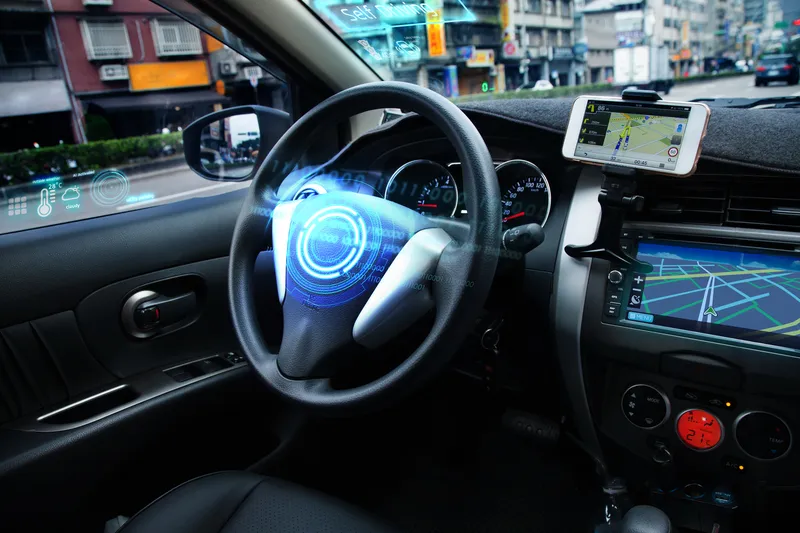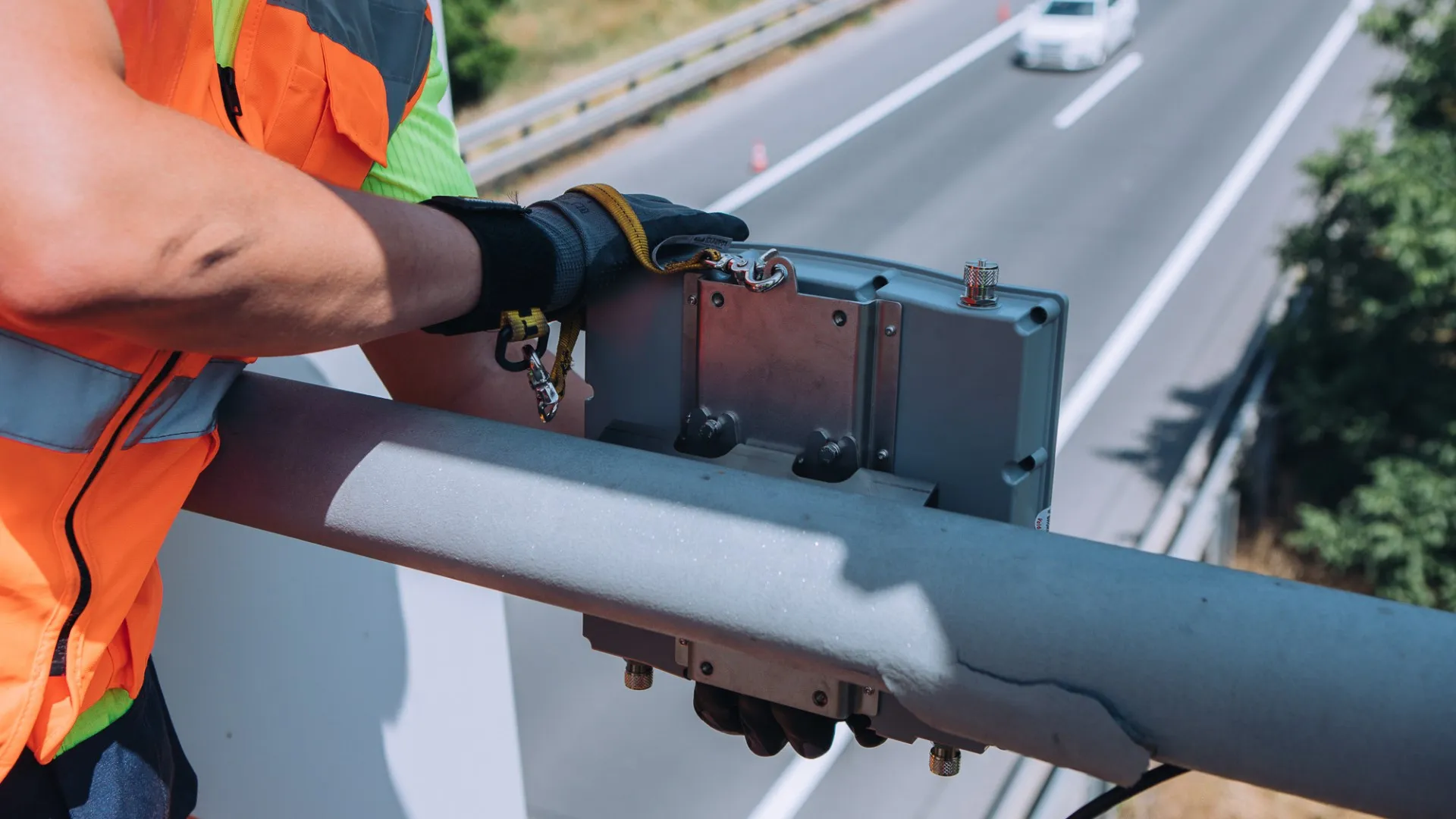The test bed will have a range of facilities including connected and instrumented road infrastructure, mule vehicles for new automation systems, private networks and mobility data capture, 5G and DCRS connectivity and more specialist research equipment.
Scheduled to open Spring 2019, The Smart Mobility Lab, a £13.4 million ($18.1 million) initiative, is said to enable companies to trial ideas, technology and services within complex public environments, and allow them to develop new vehicle systems and big city transport applications. It is based in the Royal Borough of Greenwich, London.
Professor Pete Thomas, of the Design School, who is leading Loughborough’s involvement said: “We will be developing a new research programme that takes advantage of the facilities and the rapidly developing mobility environment. Companies such as Ford will be increasing their presence at Here East (LUL) [Loughborough University London] to take advantage of the teaching, research and innovation facilities.
“We will also be working with industry, both large and SME, to identify educational and CPD needs.
“In addition, there will be specific research equipment to meet existing LU [Loughborough University] needs while researchers will be able to access the much wider range of equipment in the Living Lab – including roadside, data, communications and vehicles.”
Loughborough University to develop test bed for connected /AVs
Loughborough University, the academic partner to London’s Smart Mobility Lab, has been awarded £500,000 ($676,000) as part of the project to develop a research programme enabling a real-world test bed for connected and autonomous vehicles. It will conduct research and development into connected roads, alongside other contributions including a vehicle fleet for experimental purposes; cooperative intersection management systems; high accuracy GPS; 5G and large-scale vehicle to anything communication capabilit
December 1, 2017
Read time: 2 mins









